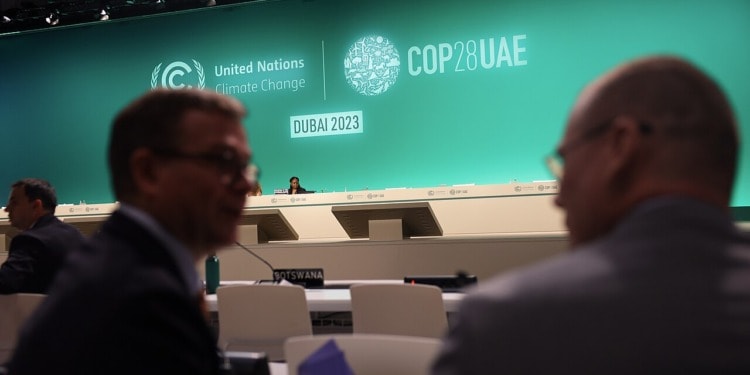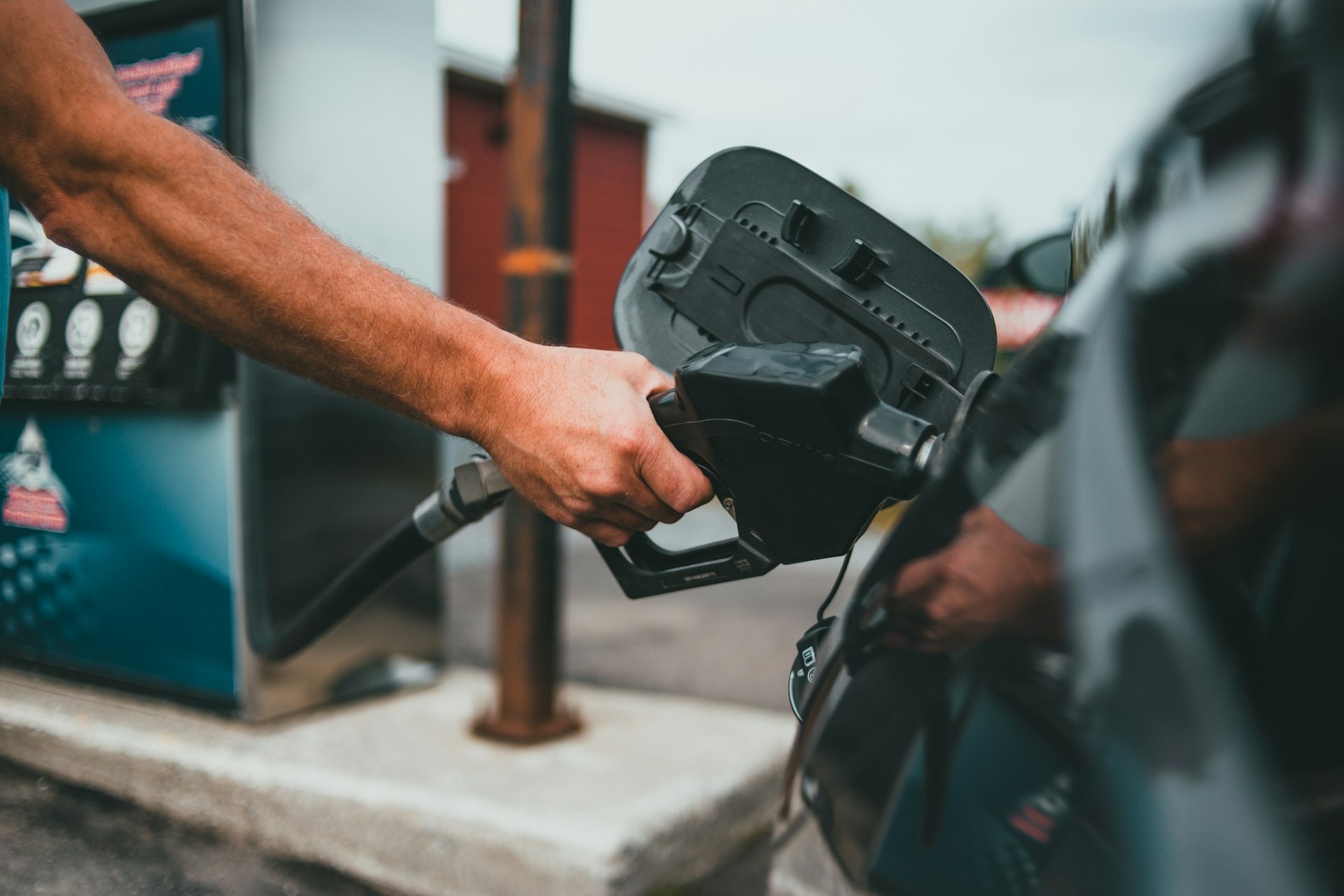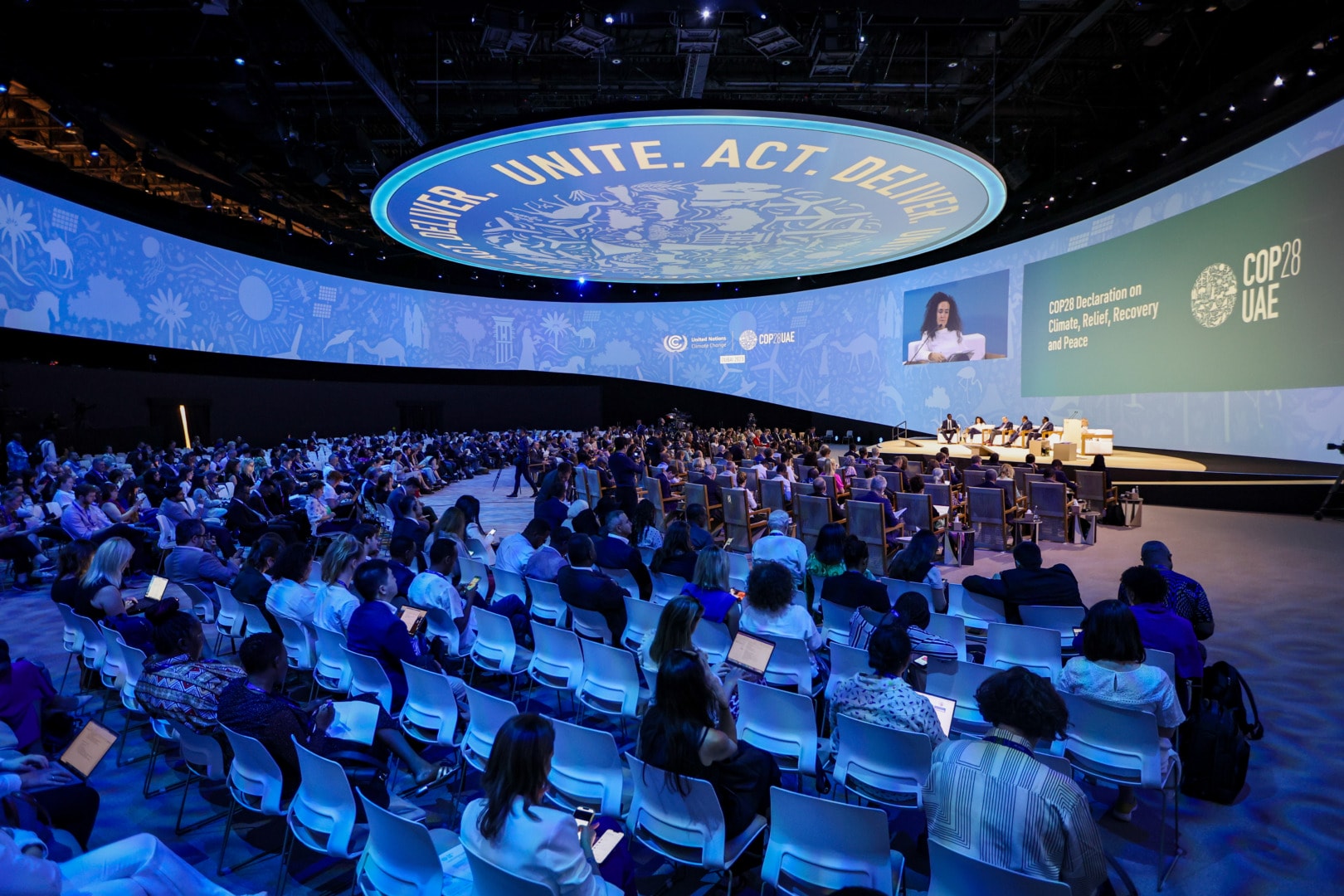Delegates gathered for COP28 are only too aware that climate initiatives will require vast financial resources, as Monday’s conferences in Dubai made clear. Exactly how the world should finance the necessary adaptations is often a contentious and complicated talking point and the pledges of different representatives were contradictory.
As host country, the UAE’s banking sector set an example by promising $270 billion in green finance by 2030 but this was undermined by the absence of leaders of the region’s largest economy and the world’s leading oil producer, Saudi Arabia.
Furthermore, Prince Abdulaziz bin Salman, energy minister and the key climate negotiator for Saudi Arabia, said that the kingdom will “absolutely not” phase out oil.
Japan is another nation that seems uncommitted to a fossil fuel phase out. Speaking to Reuters, Masayoshi Iyoda, a climate activist present at COP28, said that “the G7 countries agreed that they support the fossil fuel phase out,” before adding that Prime Minister Kishida “didn’t mention the fossil fuel phase out at all” in his speech.
“The Japanese government has agreed to the fossil fuel phase out but they are not so enthusiastic about that,” Iyoda says.
The overwhelming expense of climate initiatives
Curbing emissions is expected to cost developing countries around $2.4 trillion each year until 2030, according to a report from the Grantham Research Institute on Climate Change and the Environment. This is four times the amount already dedicated to green initiatives so it’s unsurprising that nations are less willing to fully commit to a fossil fuel phase out.
In conversation with Reuters, the institute’s chair and co-author of the paper, Nicholas Stern, said:
“[T]he world is not on track to realise the goals of the Paris Agreement. The reason for this failure is a lack of investment, particularly in emerging markets and developing countries outside China.”
Related articles: COP28: What’s the Real Plan?, How the UNFCCC Can Tackle Fossil Fuel Subsidies at COP28 and Beyond, Who Pays and How: The COP28 Dilemma of Debt and Equity, What Is Green Finance and Why Does it Matter so Much?
Barbados Prime Minister Mia Mottley, now a prominent figure in discussions about funding climate initiatives, launched the Bridgetown Initiative earlier this year alongside other developing nations. It aims to help developing countries finance green reforms and the demands include subsidised lending to low-income countries and debt relief and restructuring.
Barbados has signed a new bilateral investment treaty with the United Arab Emirates. This treaty will allow for the protection of investments between the two nations and will facilitate the development and expansion of commercial relations in several areas. #COP28 @mofauae pic.twitter.com/aQ7N8Xqc2O
— Mia Amor Mottley (@miaamormottley) December 5, 2023
Mottley has since been vocal at COP28, telling AP News that the agreements made so far “[have] probably been the most progress we’ve seen in the last 12 months on finance.” She concluded with a caveat: “[B]ut we’re not where we need to be yet.”
The good news for climate finance
The UAE’s large pledge was not alone on Monday as other nations pledged to lend more to green projects. Additionally, Friday saw a pledge of $30 billion from the UAE for climate-related projects.
France and Japan agreed to a move by the African Development Bank which would leverage Special Drawing Rights for climate and development — this move is in-line with Mottley’s Bridgetown Initiative to support developing countries cope financially with the climate crisis.
Copenhagen Infrastructure Partners also announced plans to raise $3 billion to develop renewable energy plants in middle-income markets across the world. The Danish investment firm’s plans are a significant step for renewable energy investments.
COP28 also had the largest ever business presence as delegates hoped for a larger private sector involvement in climate-related investments.
Amid much controversy surrounding the financial viability of a fossil fuel phase out, “finance Monday” appears to have been a productive and hopeful day of discussions for even the most tenacious delegates. However, there is still much to be done in order to meet the requirements of the Paris Agreement.
Editor’s Note: The opinions expressed here by the authors are their own, not those of Impakter.com — In the Featured Photo: COP28 conference meeting. Featured Photo Credit: Wikimedia Commons














